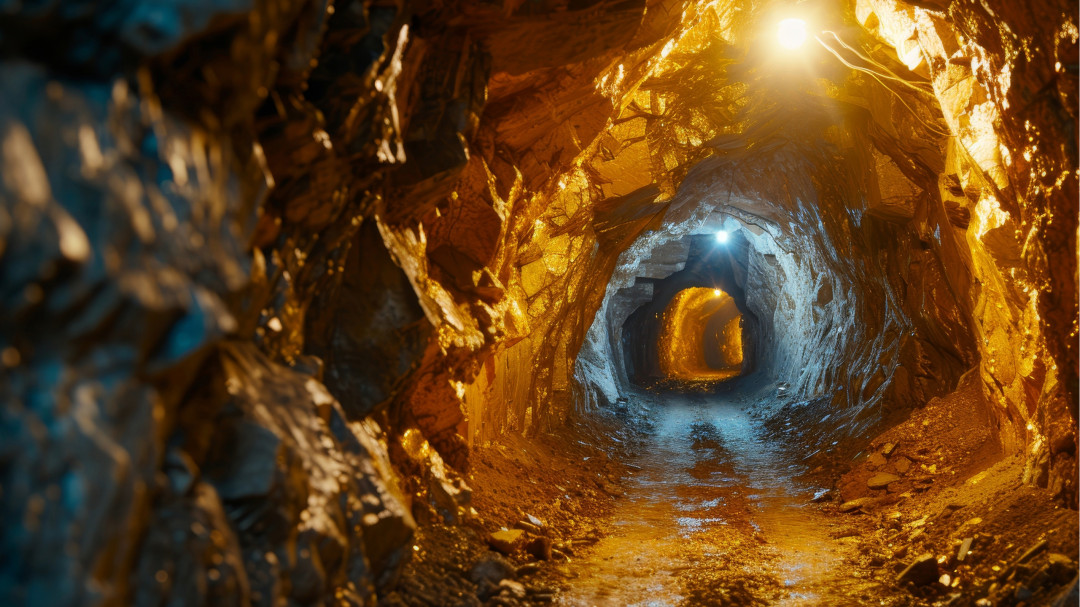
Microorganisms work in a bioreactor underground and transform ores or mining residues into the valuable metals copper, indium and zinc. Innovative membrane filters then filter the valuable metals out of the resulting process water. In a pilot plant for a current mining project near Pöhla in Saxony, a team from the TU Bergakademie Freiberg wants to combine both processes into an innovative procedure. This environmentally friendly solution could make it possible to extract metals at low temperatures and directly in a mine using a process known as bioleaching.
The researchers have already tested the two innovative processes in the laboratory, and now, thanks to funding from the European Union, they can test the environmentally friendly process on a larger scale in a pilot plant: "At a low pH value, we use a bioreactor to get the microorganisms to dissolve the metals from insoluble sulphides, in this case, for example, from the minerals sphalerite and chalcopyrite. Copper, indium and zinc can then be extracted from the solution using various hydrometallurgical processes – with low energy consumption and without the harmful exhaust gases typical of pyrometallurgical processes," explains Professor Sabrina Hedrich, who is coordinating the international research project "XTRACT".
Project collaborator Dr Roland Haseneder adds: "A hybrid membrane separation process is then used to separate the microorganisms and the valuable metals are 'sorted' by charge and size using selective filter units. This is preferably done by directly connecting the bioleaching process on site."
The process is therefore particularly suitable for ores or residues from mining that only contain low concentrations of metals – so-called low-grade ores. "The metals can be converted into a soluble form without external energy simply by using the microorganisms, and can then be processed. In addition, the extraction of metals from low-grade ores is very complex. The biohydrometallurgical processes have not only proven to be environmentally friendly, but also particularly suitable," says Hedrich.
In addition to the mining project in Pöhla, Saxony, these ores are also found in other mines in Europe. Together with its partners, the process will also be tested in the Björkdal mine (Sweden) and for the recycling of mining residues in São Domingos (Portugal) and Lavrion (Greece).

